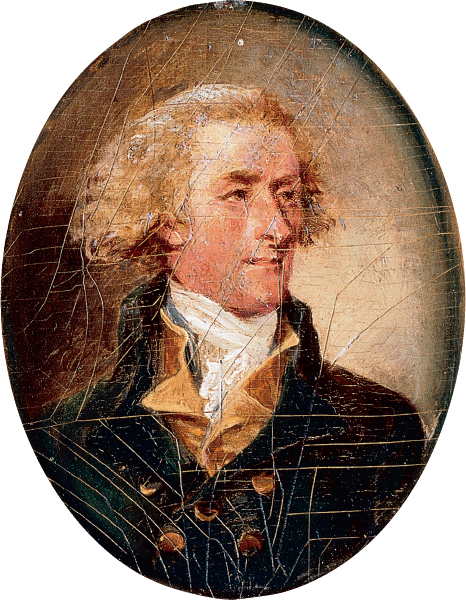How did Jefferson attempt to undo the Federalist innovations of earlier administrations?
Printed Page 262

THE FIRST PRESIDENTIAL election of the new century was an all-out partisan battle. A panicky Federalist newspaper in Connecticut predicted that a victory by Thomas Jefferson would produce a bloody civil war and usher in an immoral reign of “murder, robbery, rape, adultery and incest.” Apocalyptic fears gripped parts of the South, where a frightful slave uprising seemed a possible consequence of Jefferson’s victory. But nothing nearly so dramatic occurred. Jefferson later called his election the “revolution of 1800,” referring to his repudiation of Federalist practices and his cutbacks in military spending and taxes. While he cherished a republican simplicity in governance, he inevitably encountered events that required decisive and sometimes expensive government action, including military action overseas to protect American shipping.
CHRONOLOGY
1800
- – Thomas Jefferson and Aaron Burr tie in electoral college.
- – Gabriel’s rebellion is reported.
1801
- – House of Representatives elects Jefferson president.
- – Barbary War with Tripoli begins.
1803
- – Marbury v. Madison.
1805
- – United States defeats Tripoli.